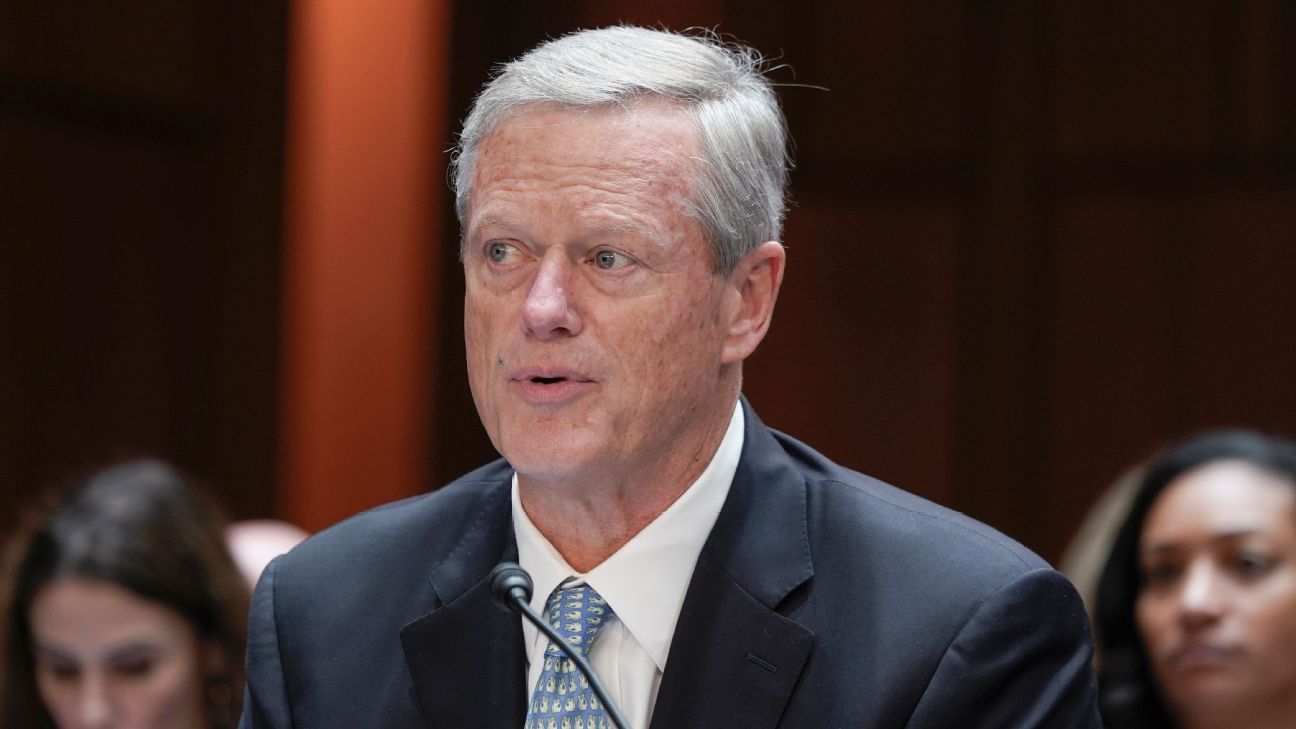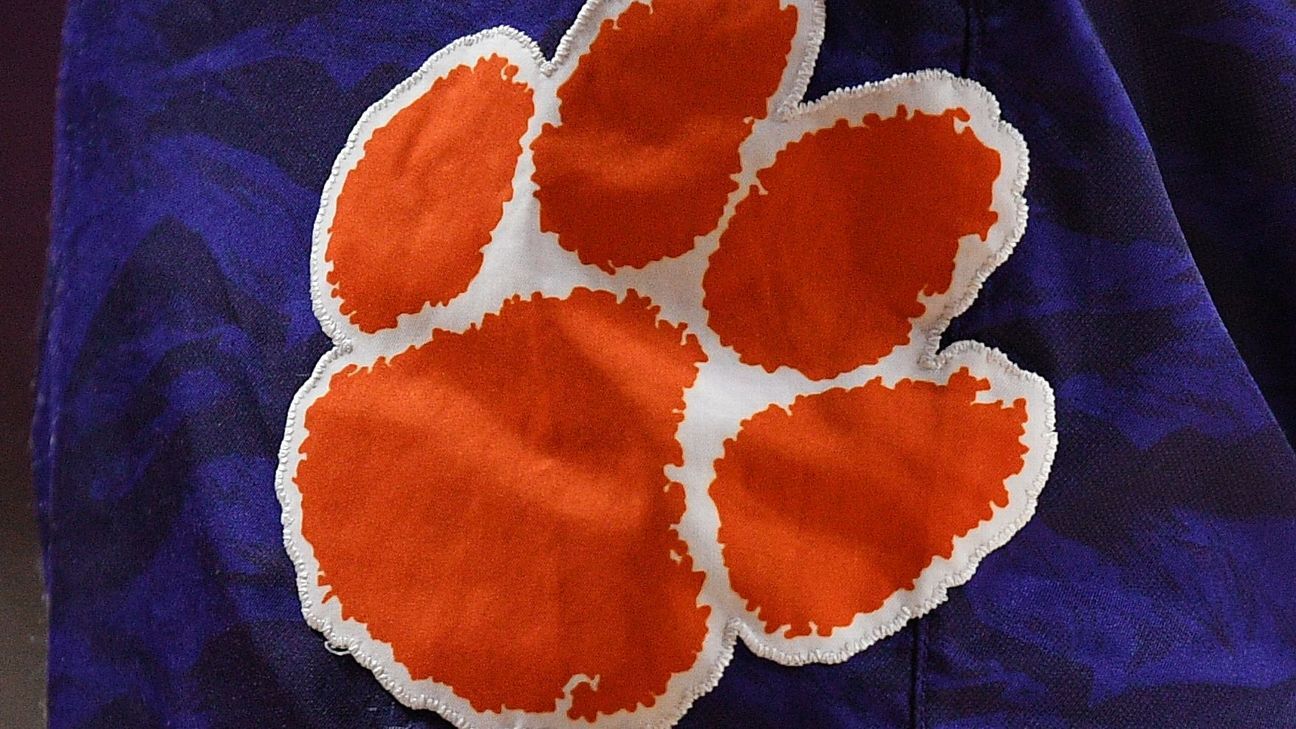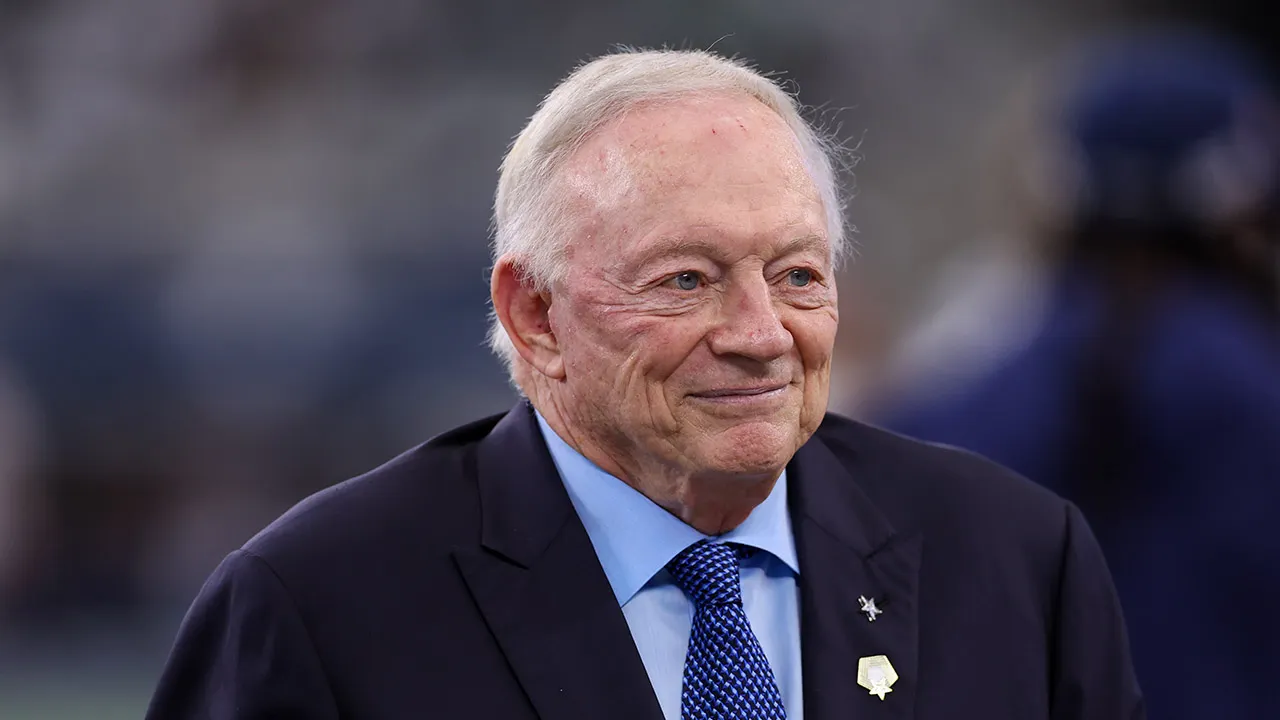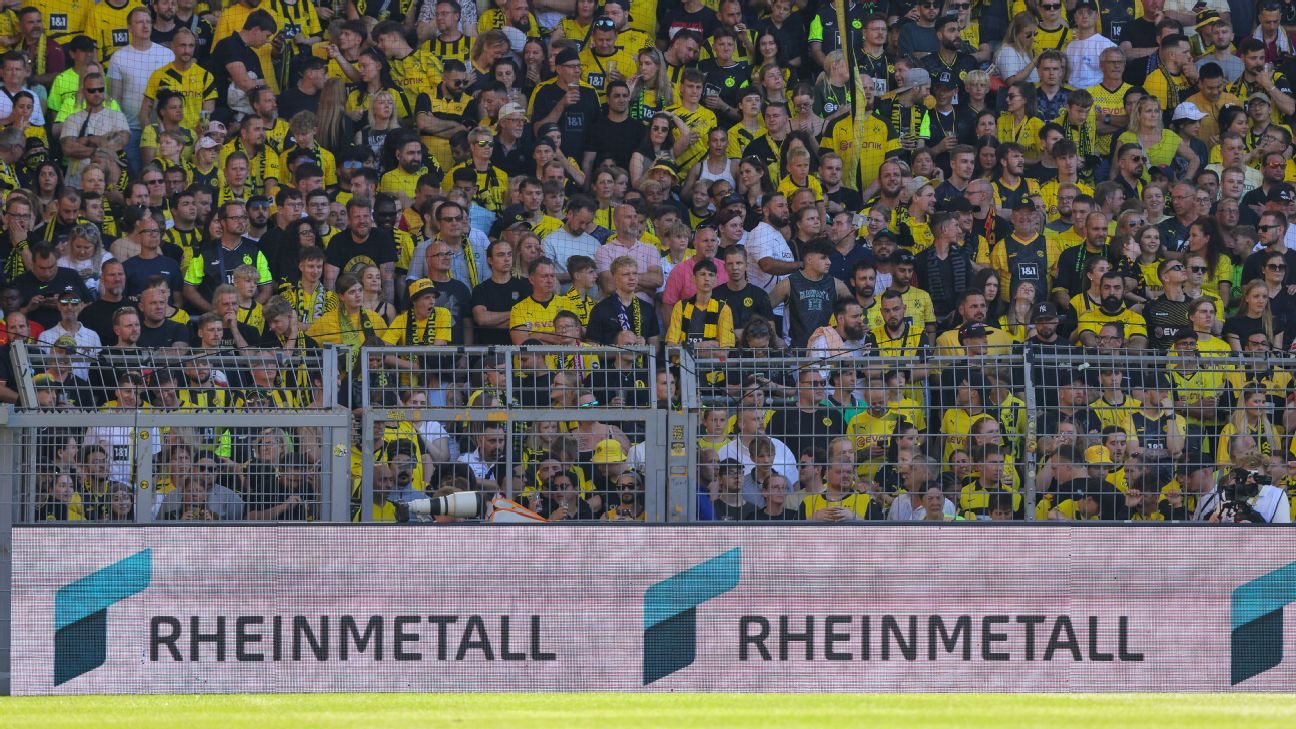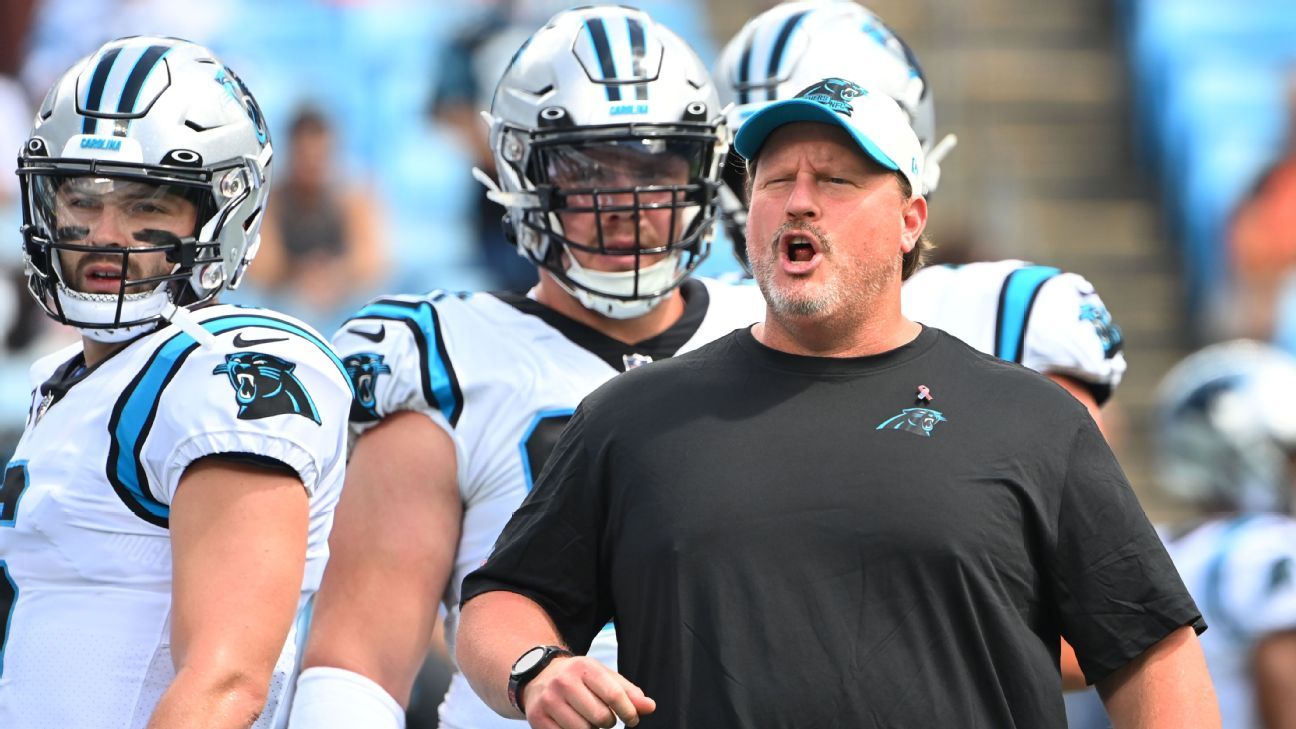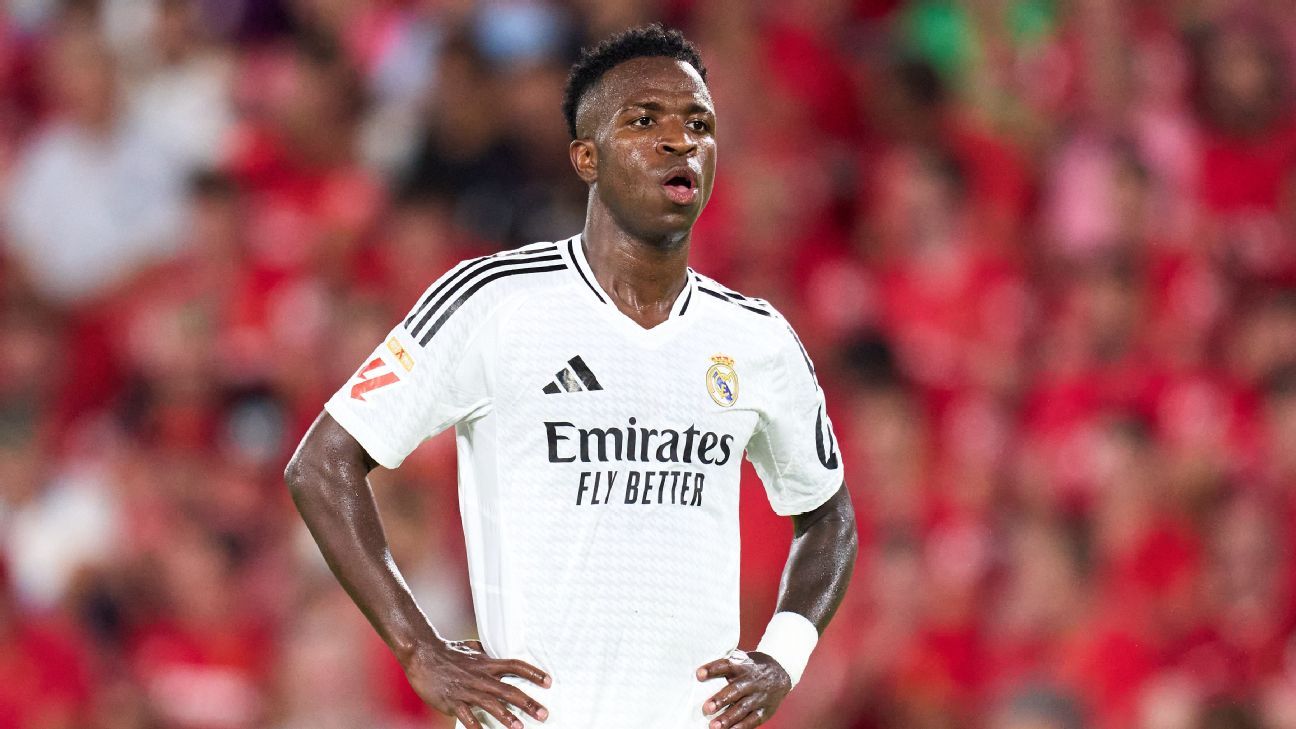INDIANAPOLIS — NCAA President Charlie Baker said he is not in favor of federal rules or laws that would impose new limits on how college athletes transfer between schools.
During a wide-ranging, hour-long interview with ESPN on Tuesday, Baker showed no sympathy for the many coaches who have publicly complained about the difficulty they have maintaining stable rosters in the new college sports environment that comes with fewer restrictions on player transfers and allows name, image and likeness agreements that have been shown to be incentives for players to consider changing teams.
“I've had conversations with a bunch of coaches who didn't … walk away from their contracts,” Baker said. “One of the things I hear from kids when I talk to them about this topic is: 'Coaches are quitting their contracts. What's wrong with us?'”
Baker said he believes the transfer rate in college sports reflects a broader trend of all college students changing schools more frequently than in the past.
“Do they transfer more than they did ten years ago? Yes. Do they transfer more than their peers who are not student-athletes? No,” Baker said. “…They actually transfer less than students who are not student-athletes, and kids just transfer more because they have more information, more data, and they're more impatient with a lot of things.”
Baker, nearing the end of his first full year as NCAA president, and many other college sports leaders have asked Congress for help in regaining some control over the future of college sports amid countless legal challenges to the rules. of the NCAA. Several of the bills and proposals generated by Congress include provisions that would make it difficult to transfer athletes.
“I'm not a huge fan of that. I'm not,” Baker said when asked about the potential for a law that would restrict players' movement and therefore limit some of their economic power.
None of those bills have made it to a committee vote, the first step toward becoming law. Baker said he remains optimistic about the possibility that Congress will provide some help to the NCAA, in part because, when he visits Capitol Hill, he has regular conversations with actual lawmakers rather than members of his staff.
Baker said that even if Congress does not pass an NCAA bill before the upcoming November elections, he will continue to push for a bill in the future. There are multiple legal challenges that pose significant threats to the way the NCAA currently operates and could conclude in the next 12 months. Baker said that even if some of those antitrust cases or efforts to turn college athletes into employees are successful, the NCAA will continue to lobby Congress for help.
“If we don't make it this year, [we’ll] “We certainly have more examples of why it would be important to address preemption, compensation and employment and some of these other issues in the next Congress,” he said.
Baker added that there is “really no path forward” for the NCAA to resolve its current legal issues in a sustainable manner without some intervention from federal lawmakers.
Among other topics discussed with ESPN at the association's headquarters, Baker said he believes there is an opportunity to expand the NCAA men's basketball tournament, if done carefully. Leaders of some of the biggest and most powerful conferences in college sports told ESPN and other outlets last week that they would like to push for changes that would allow more teams to have access to March Madness.
Baker said he does not support the idea of diminishing opportunities for smaller league schools to participate in the tournament by eliminating any of the automatic bids those leagues receive for teams that win their conference championships.
“Most people who follow college sports think the NCAA basketball tournament is perfect, right? So anything done to change it has to be done with care and consideration,” he said.
Baker said the NCAA basketball committee has been discussing those ideas since last summer, and the association might have some update on those potential changes between now and the end of this year's tournament in early April.

